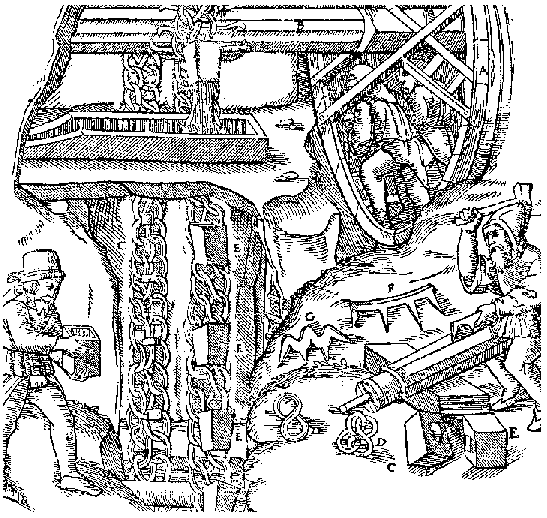The Pulfrich Effect: Canales (2001) on Wolf's Battles

Canales, J. The Single Eye: Reevaluating Ancien Regime Science.
History of Science, 2001, 39, pp. 71 - 94 (in press).
Copyright (c) 2001, Science
History Publications, Ltd.
Permission of the author and the publisher is granted to make (download) a
single copy of this work, and/or its abstract, for personal, noncommercial use.
All other rights are reserved.
Modification or redistribution of all or part of this work in any form is
forbidden: Please contact the author and the publisher for permission to
post or copy this work for any purpose.
Synopsis:
Charles Wolf, at the Paris Observatory, held the opinion that individual
differences among astronomical observers could be reduced or eliminated
by training them to record events in standardized ways. An opponent,
Herve Faye of the Bureau des Longitudes, held that mechanization was
the solution. Wolf admired and imitated Cassini, an astronomer who, in
the Revolutionary period, attempted at great risk to keep the Observatory
independent of central government.
These excerpts describe how the personal equation was involved in the
struggles for control which ensued. At risk was safe navigation for
shipping, an enormous economic and military factor in those early years
of steam propulsion.
Excerpts on Personal Equation:
Email Comments.
Back to Pulfrich Effect Home.
University Privacy Policy
The Pulfrich Effect, SIU-C. Last updated 2001-04-17
